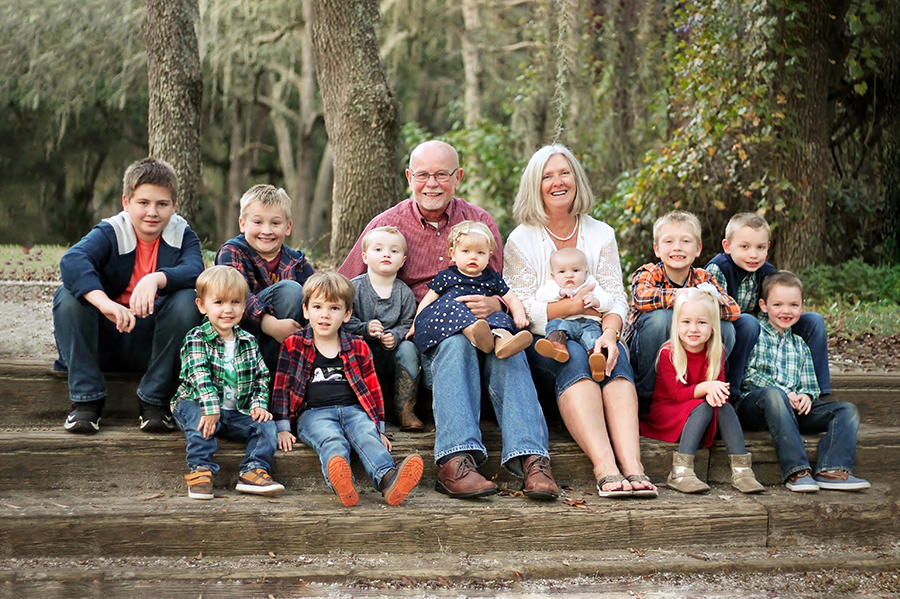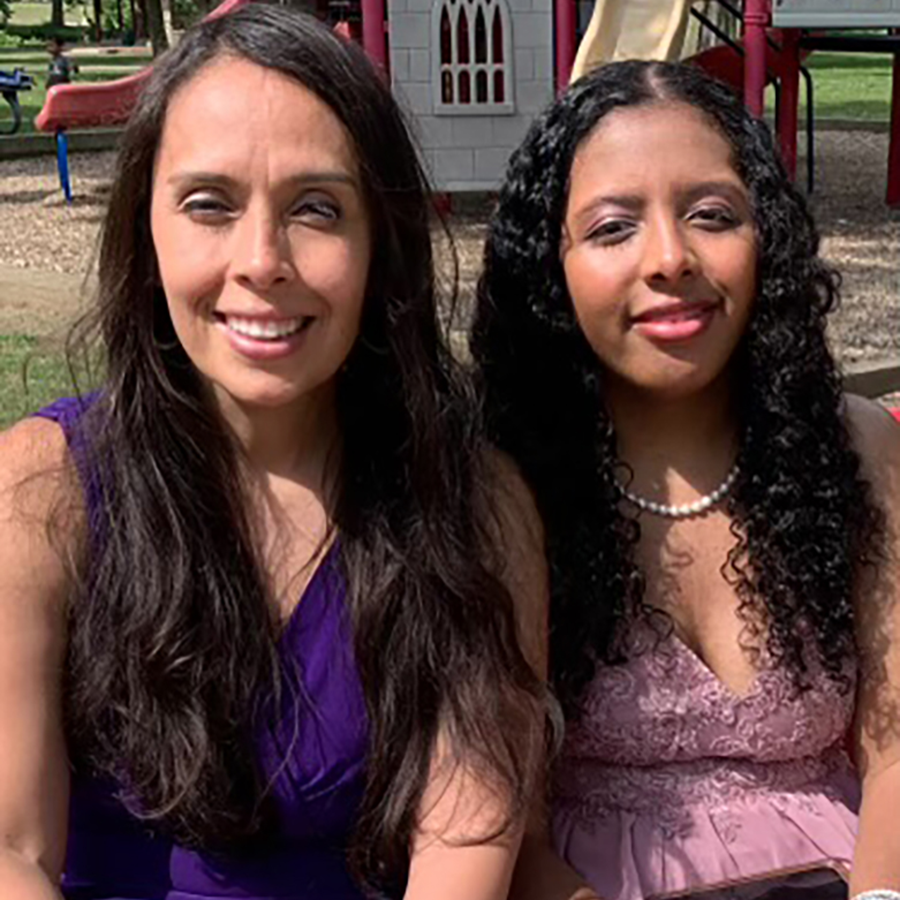When Post-Stroke Emotions Flare, Faith Steps In
Stephen Gates tears up as he talks about his 11 grandchildren.
That never happened before the stroke.
Before suffering a stroke in 2022, Stephen was a fun and affectionate grandfather who enjoyed laughing, fishing, traveling and throwing a ball in the yard with his grandchildren. Since the stroke, he can’t get down on the floor and wrestle with the kids. He can’t pick them up. And he certainly can’t find anything to laugh about.
Loss of laughter is a common side effect of strokes, which can occur at any age.
Hosanna Boothman was just a kid when she had a stroke in 2015. When the brave 12-year-old emerged from the hospital after undergoing a craniotomy and lower left leg amputation, she was partially paralyzed on her right side and only able to speak three words, “use the door.”
Right after the stroke, Hosanna would get frustrated and sad when her mother didn’t understand what she is trying to say. She experienced a level of frustration she never knew before as she tried to complete routine tasks. Before her stroke, she was a carefree teenager.

A stroke is the interruption of blood supply to the brain, often resulting in damage, either temporary or permanent. Since the brain controls all motor functions, the more obvious results of a stroke may be paralysis and loss of speech. Damage to the brain can also have emotional and behavioral affects that are not as evident.
Both Stephen and Hosanna experienced the sadness and frustration you might expect following a devastating medical incident — sad for abilities and opportunities lost and frustrated trying to learn to live with their new functional limitations.
“It wasn’t just a matter of the stroke damaging my body and brain, but losing the ability to live the life I was living,” Stephen laments.
Before the stroke, Stephen lived a very physical life. He enjoyed helping with remodeling work and doing projects like restoring an old wooden jungle gym and assembling it in his grandkids’ backyard.
“God gives us abilities to serve others. I am not an eloquent speaker; my talents are physical,” explains Stephen, who was afraid he had lost his ability to serve God.
Hosanna’s mother, Nancy Boothman, brought God into the picture while Hosanna was still in the hospital. When Hosanna was at her worst — unconscious and on a ventilator — Nancy was advised to let her go. She was told Hosanna would never recognize her mother or father again. She would never talk or eat by herself.
“I didn’t want to take that decision into my own hands and always wonder ‘what if.’” Nancy explains. “I thank God I let Him take control of that, because she’s here now.”

Rebuilding a Life in Faith
A couple weeks after his stroke, physical therapists tried to sit Stephen up on the edge of the hospital bed for his physical and occupational therapy evaluation, but he kept falling over. He had lost his upper core strength, as well as mobility in his left leg and right arm. Additionally, his speech was impaired and eating was a challenge.
“I thought of James 1:2-4, about being tested, and realized my stroke would become a complete test of my faith,” he says. “I was anxious, concerned and had doubt that I would be strong enough to endure this trial.”
Stephen turned a corner in his physical and spiritual recovery when he got home and could study the Bible uninterrupted. He came to understand how God really works in our lives through the scriptures.
“The gospel has a purpose, to help us through the most difficult parts of life,” Stephen says. “I let it teach me.”
Nancy’s teaching came through witnessing Hosanna’s determination. A strong lesson Nancy learned was not to give up; just have faith. Hosanna sets goals and keeps trying with unwavering focus until she reaches them.
“She believes God helped her through, and He has a plan for her,” Nancy says.
Nancy sees stroke survivors as champions and points out the importance of family members keeping them motivated.
“We pick them up when they don’t want to keep going, and we do it over and over again because we love them,” Nancy says. “To me, stroke survivors are heroes.”
Hosanna achieved her goal of walking in her high school graduation ceremony in 2023, although she is still going to physical therapy to improve her motor skills.
“Seeing everything Hosanna has accomplished, I trust God even more now than I did before,” Nancy says.
Stephen is back to trusting God as well. He is improving physically and spiritually over time. He spends time with his grandchildren, talking rather than playing or building things, but that still gives him a chance to exercise his newfound abilities with which to serve God and share his faith with them.

